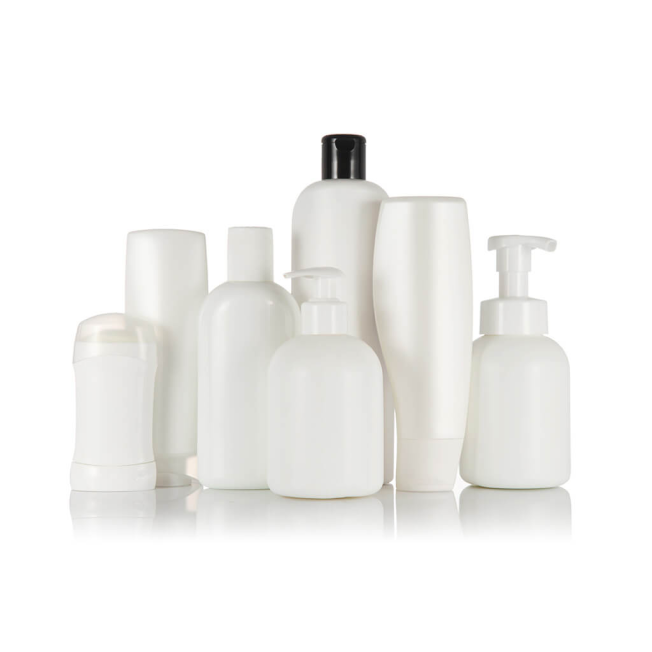Monochloroacetic acid, also referred to as MCAA, is used as a versatile intermediate in the production of chemicals such as:

The main field of application of monochloroacetic acid is the manufacture of carboxymethylcellulose, which is used in the manufacture of adhesives, detergents, finishing agents for textile, leather and paper industries, and drilling muds for energy production.
Monochloroacetic acid is also an important intermediate for the manufacture of herbicides such as 2 .4-dichlorophenoxyacetic acid (2.4-D),2.4-5-trichlorophenoxyacetic acid (2.4.5-T) and 2-methyl-4-chlorophenoxyacetic acid (MCPA).
Thioglycolic acid, an important derivative of monochloroacetate, is used for the manufacture of stabilizers for polyvinyl chloride and of permanent hair waving preparations.
Monochloroacetic acid can be used as a building block for a number of further reactions besides those typical of monochloroacetic acids,
such as:
